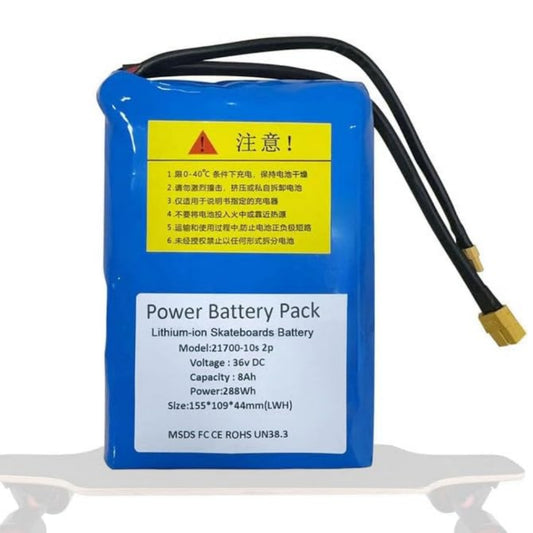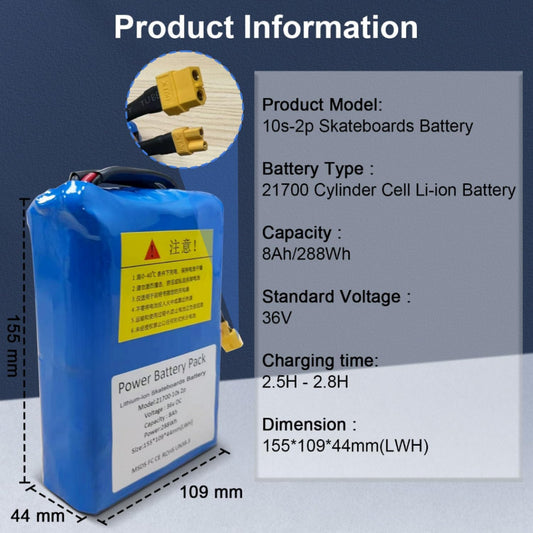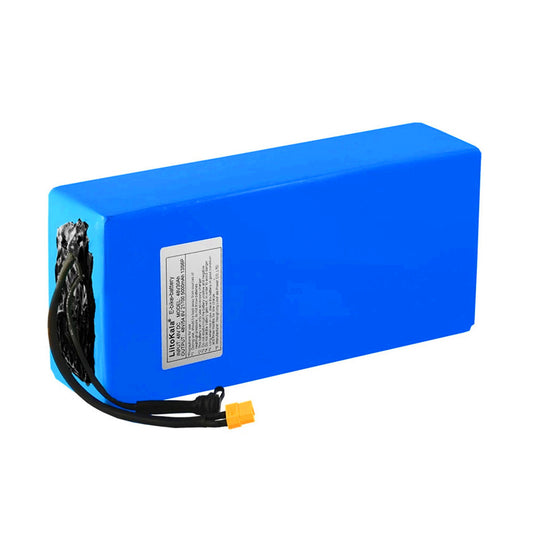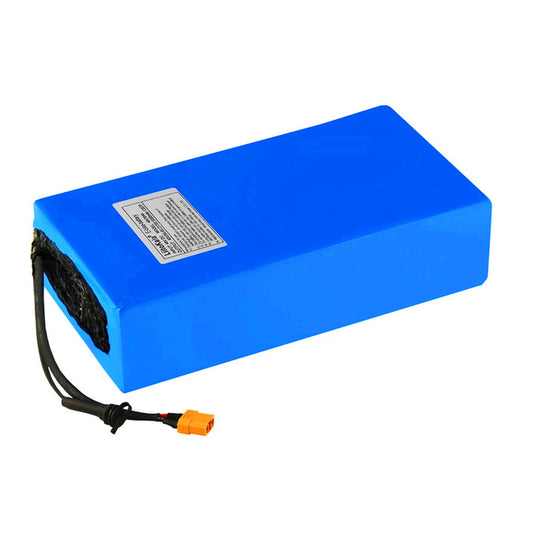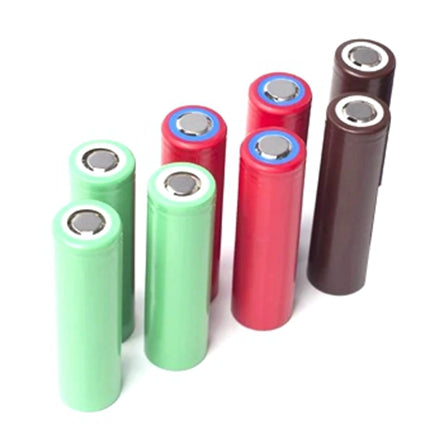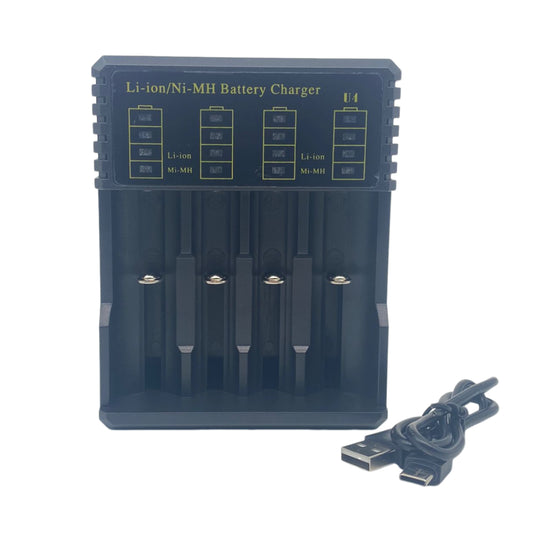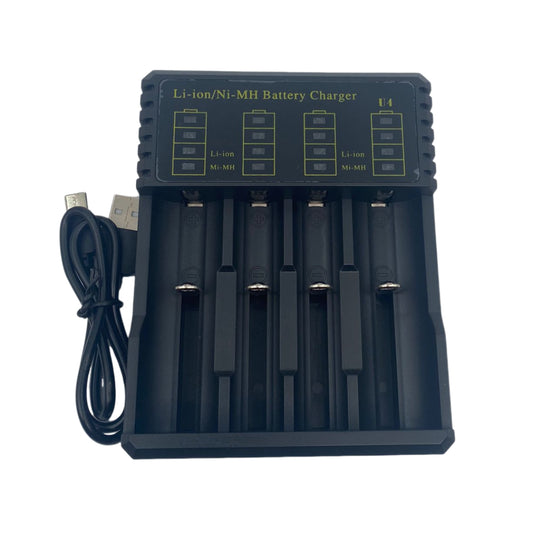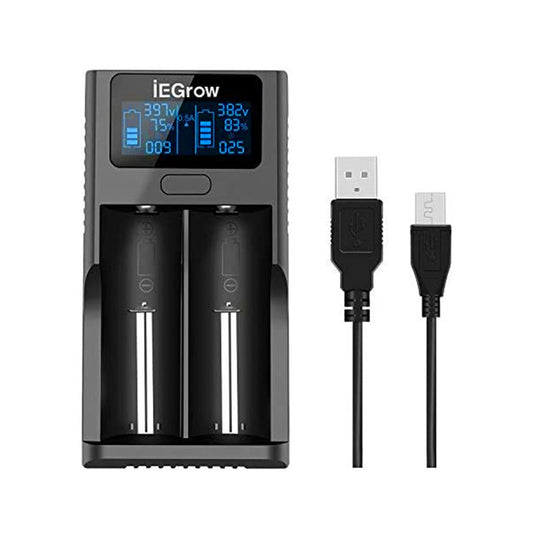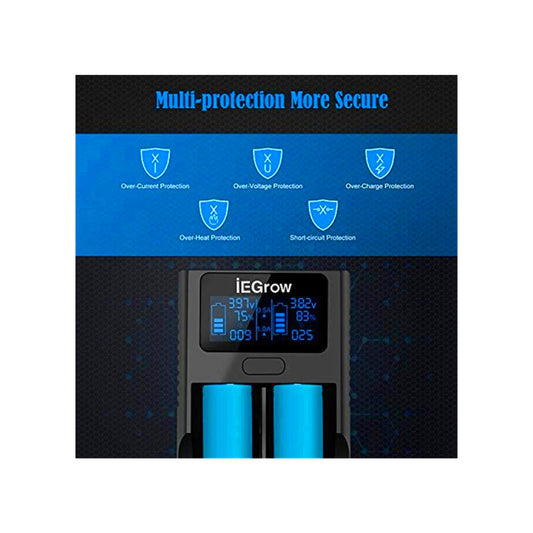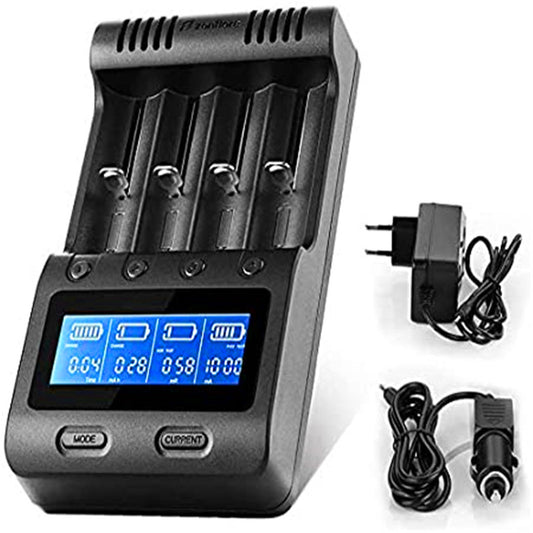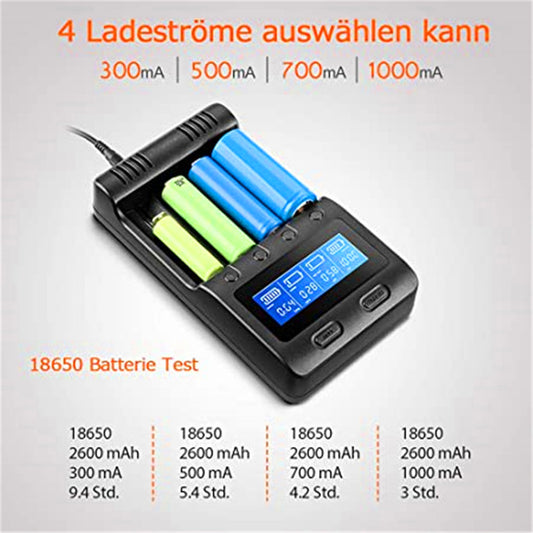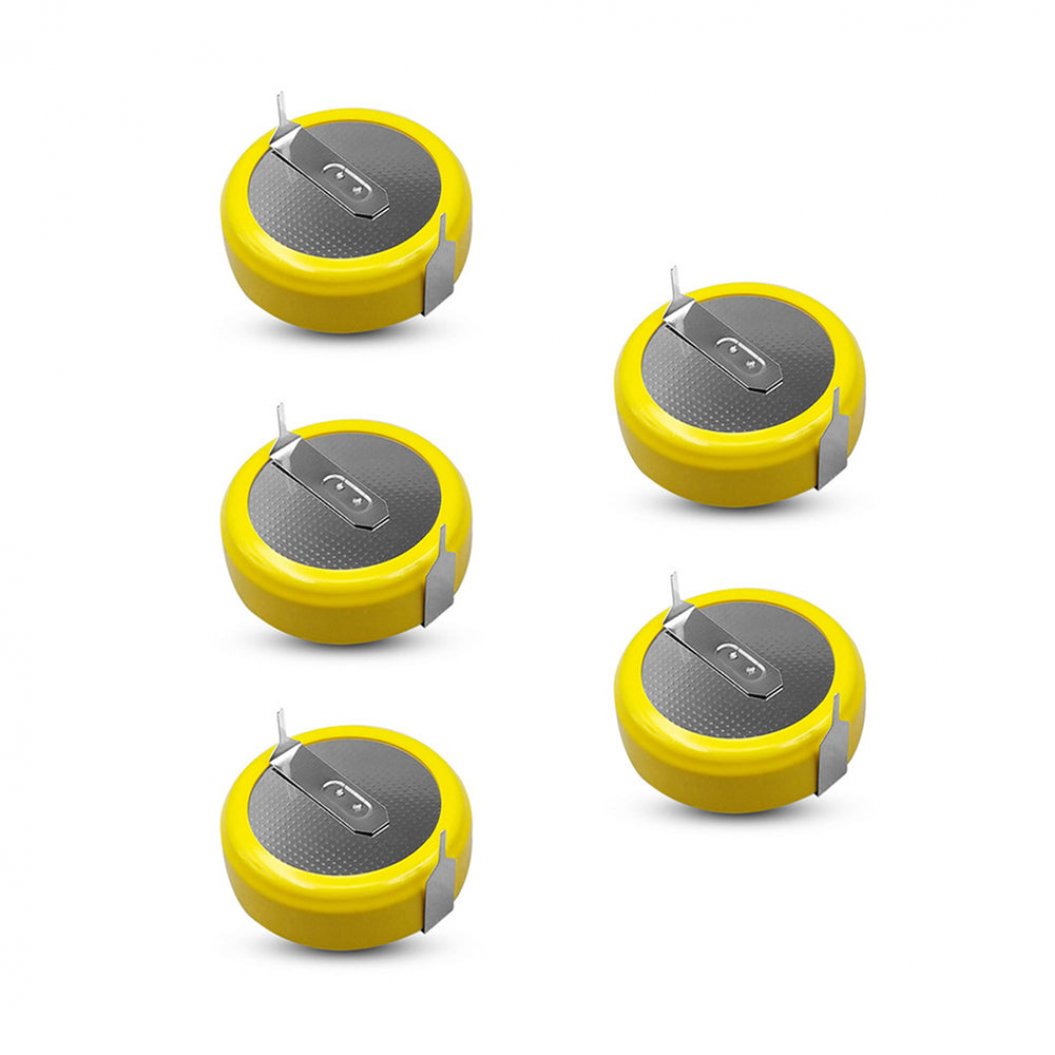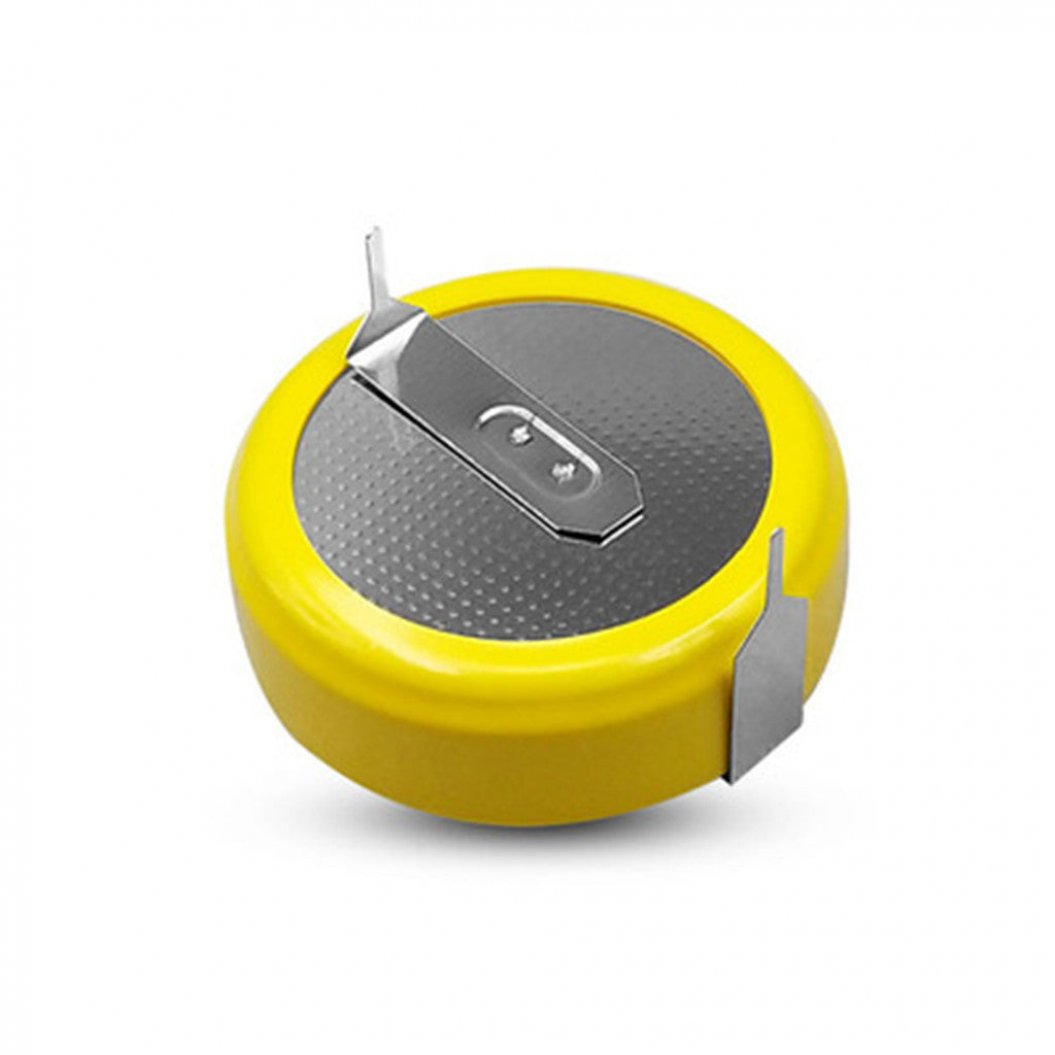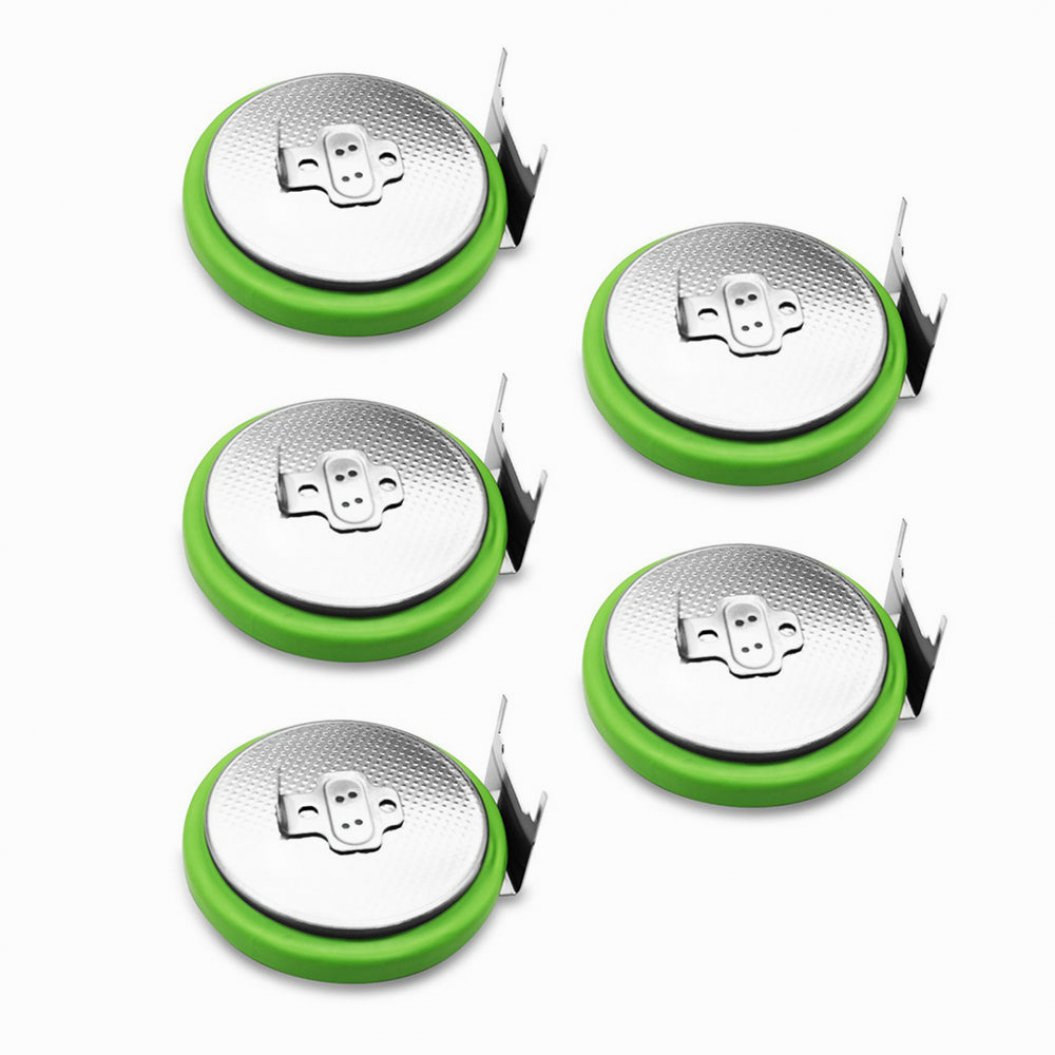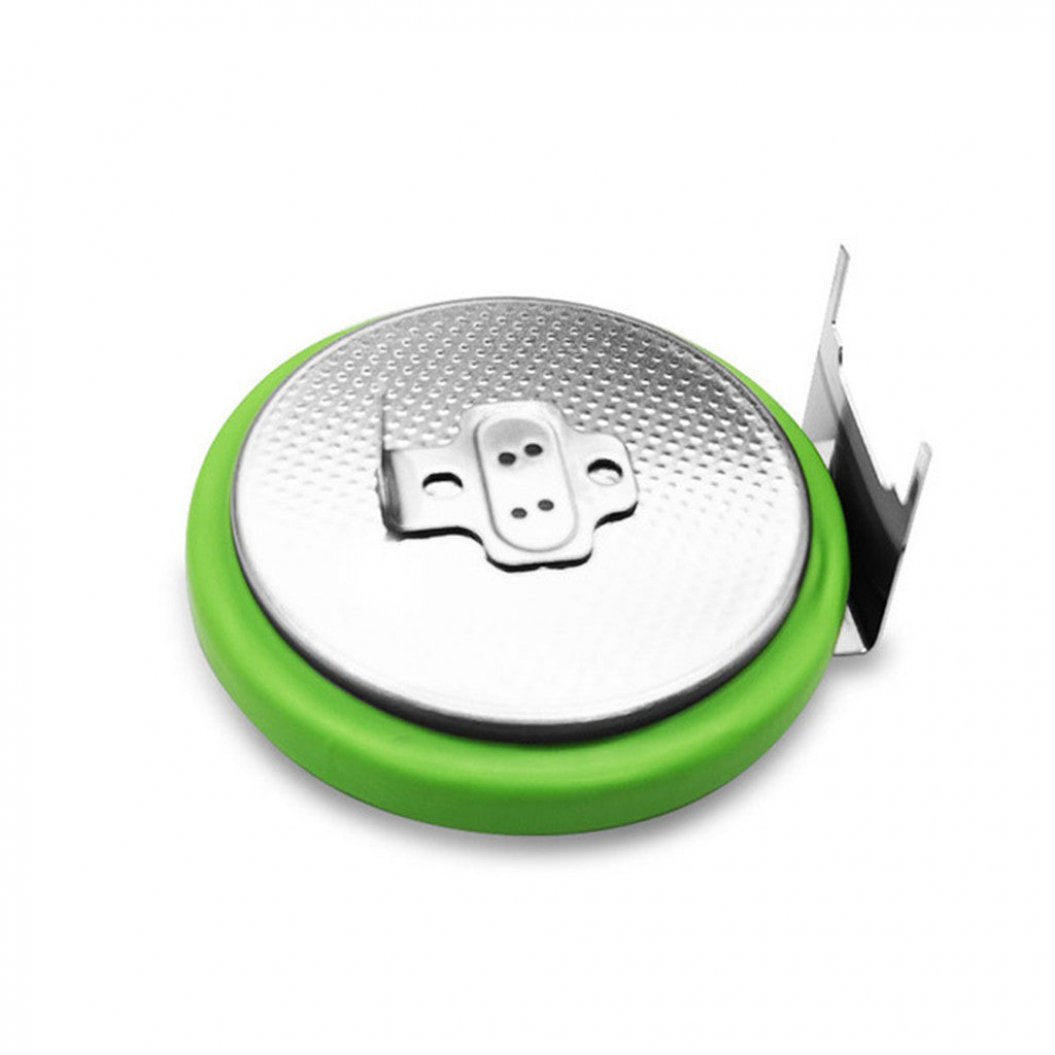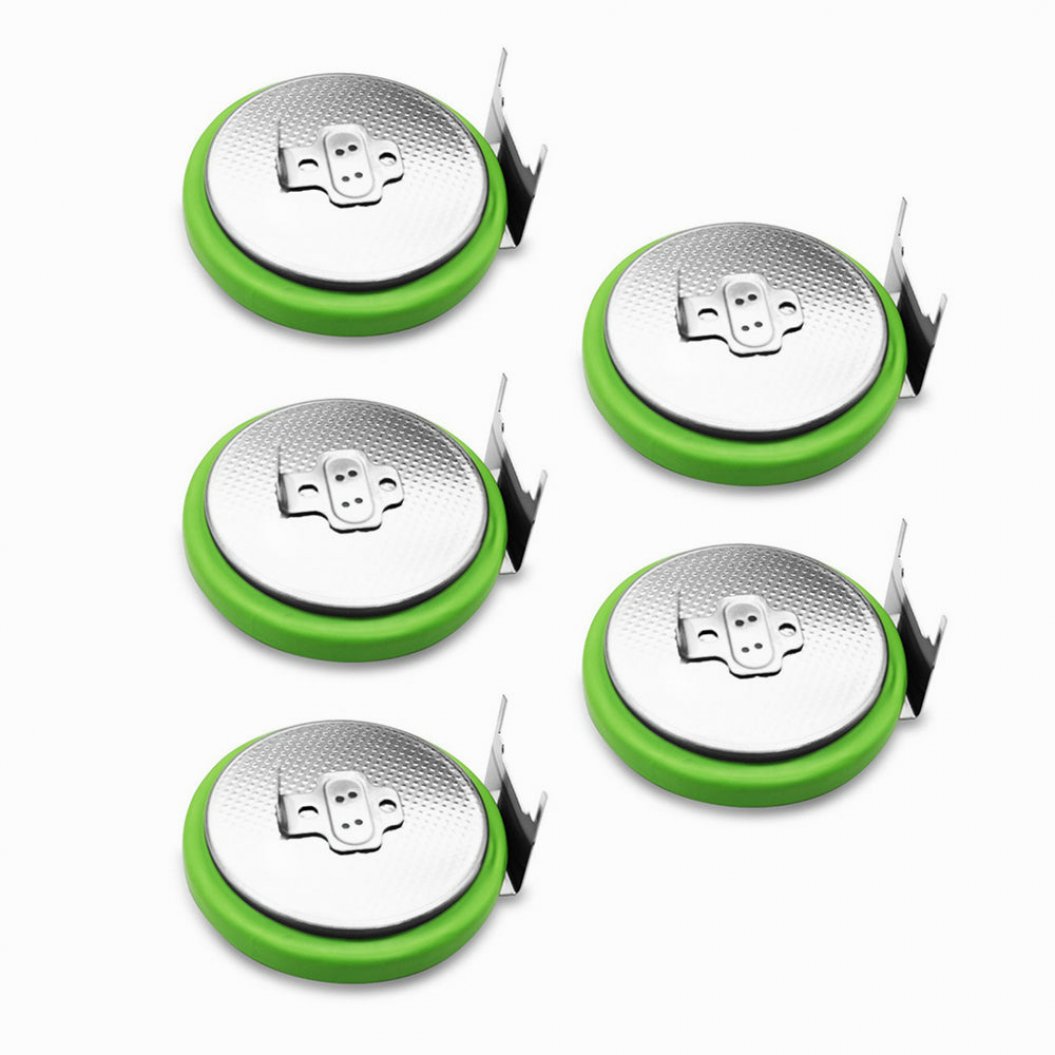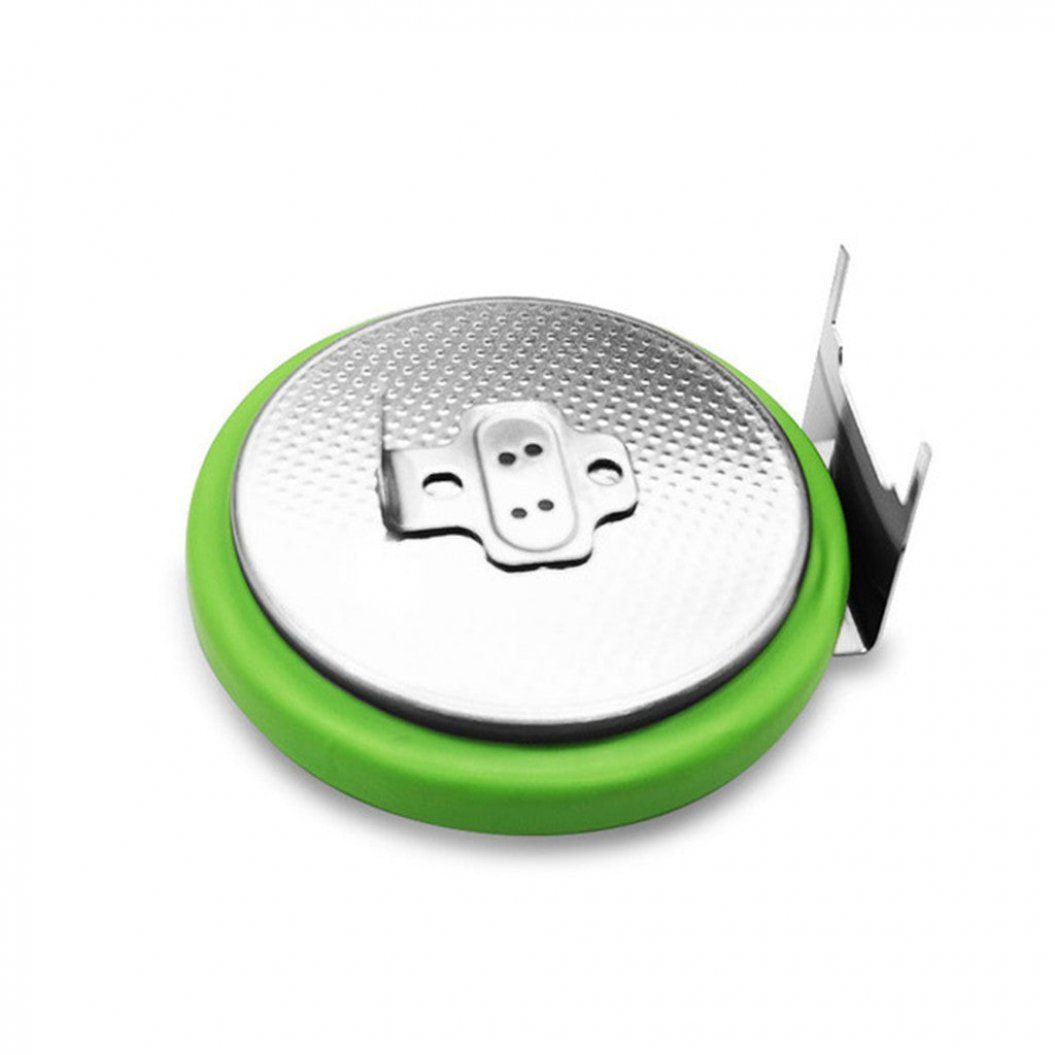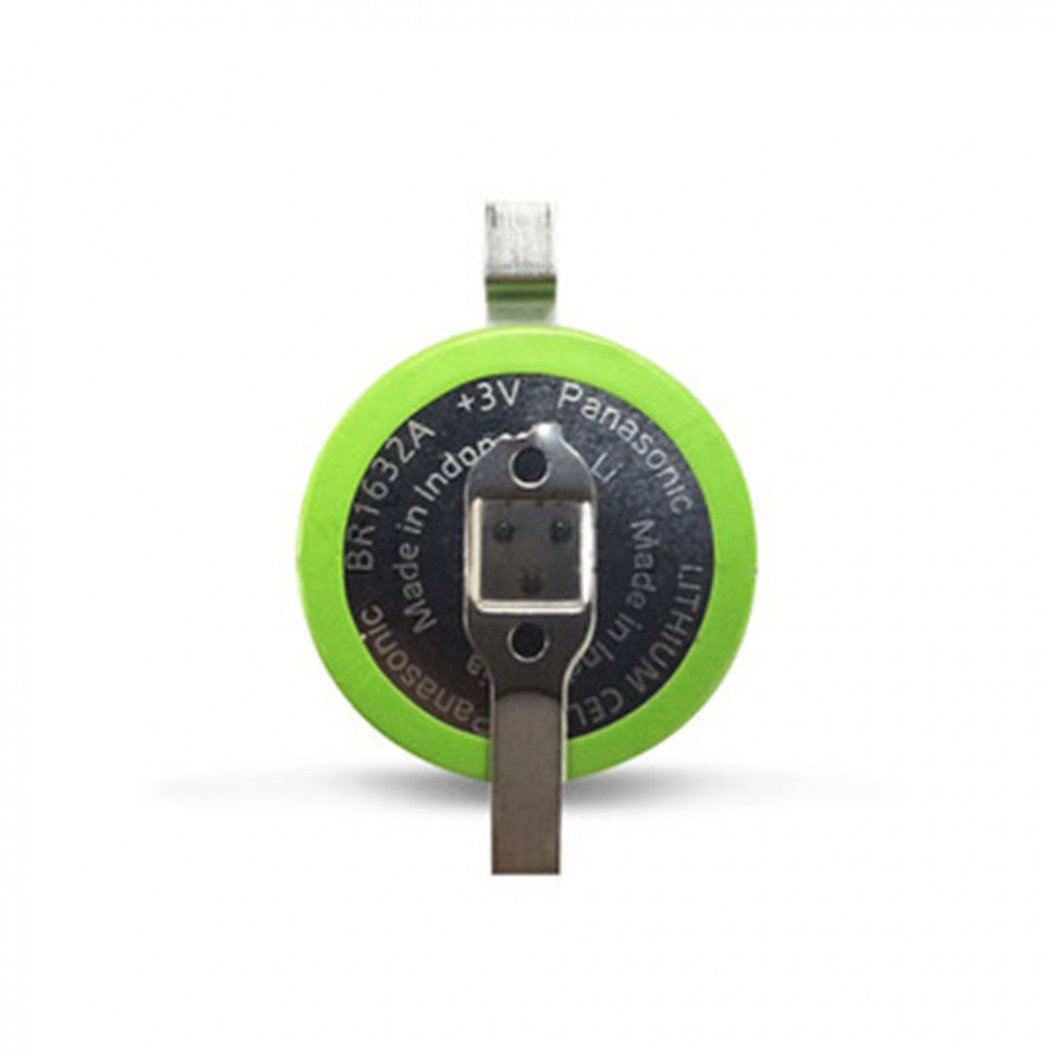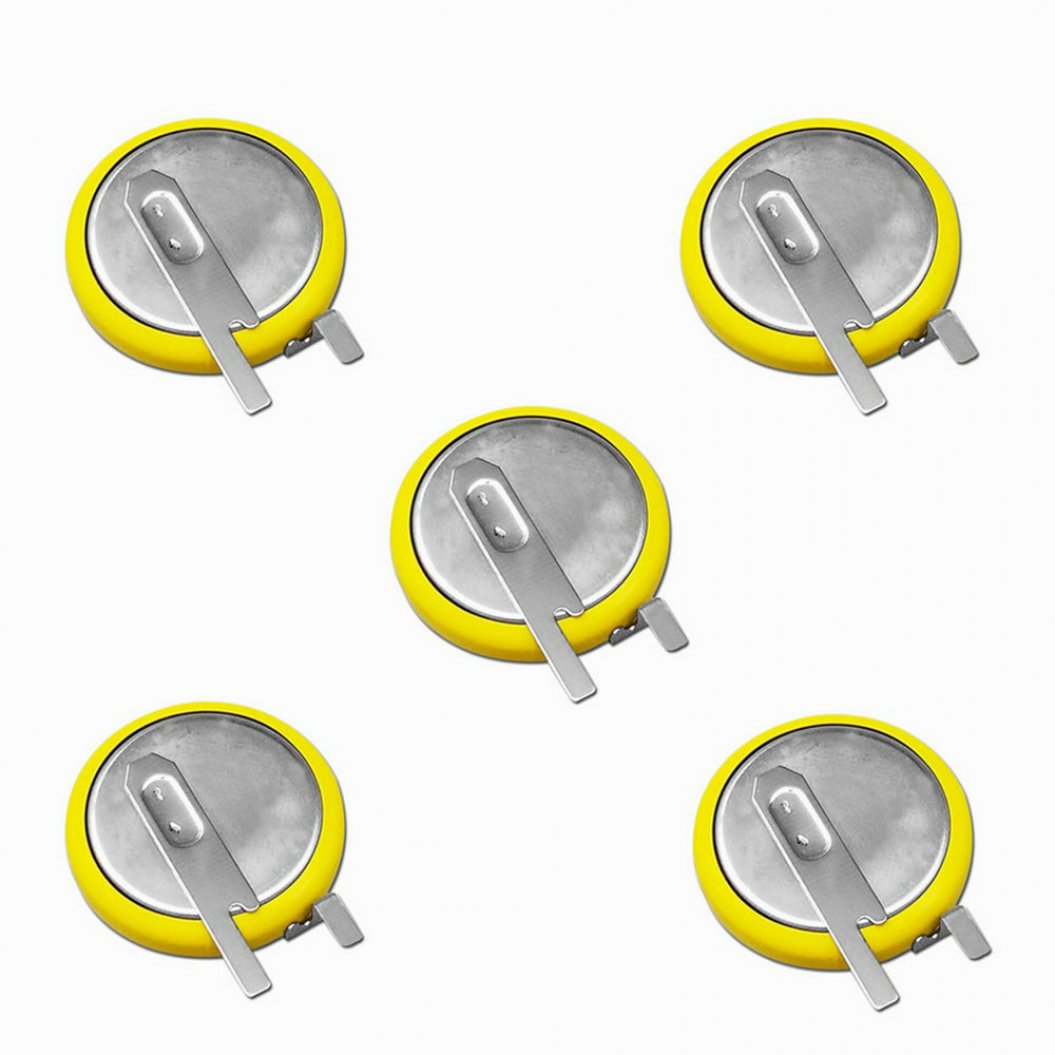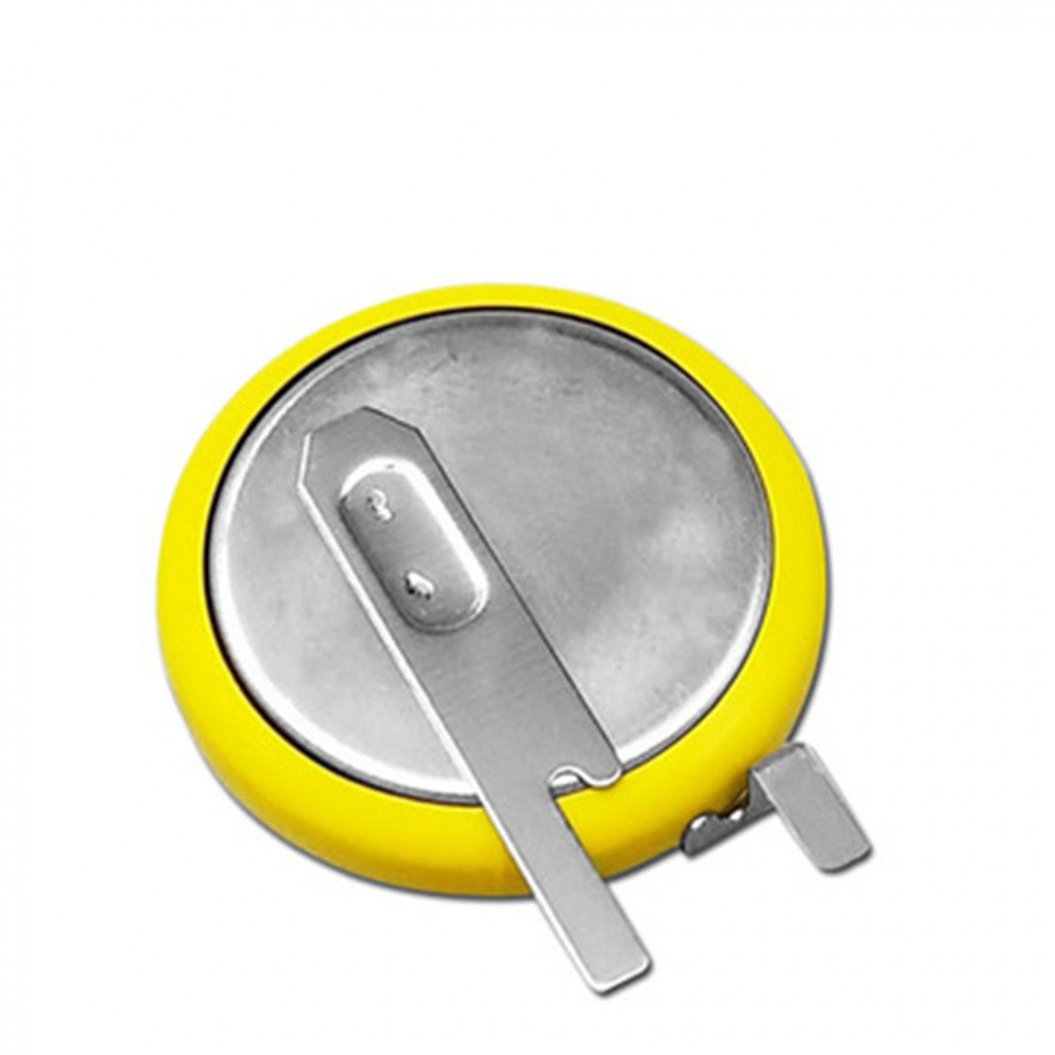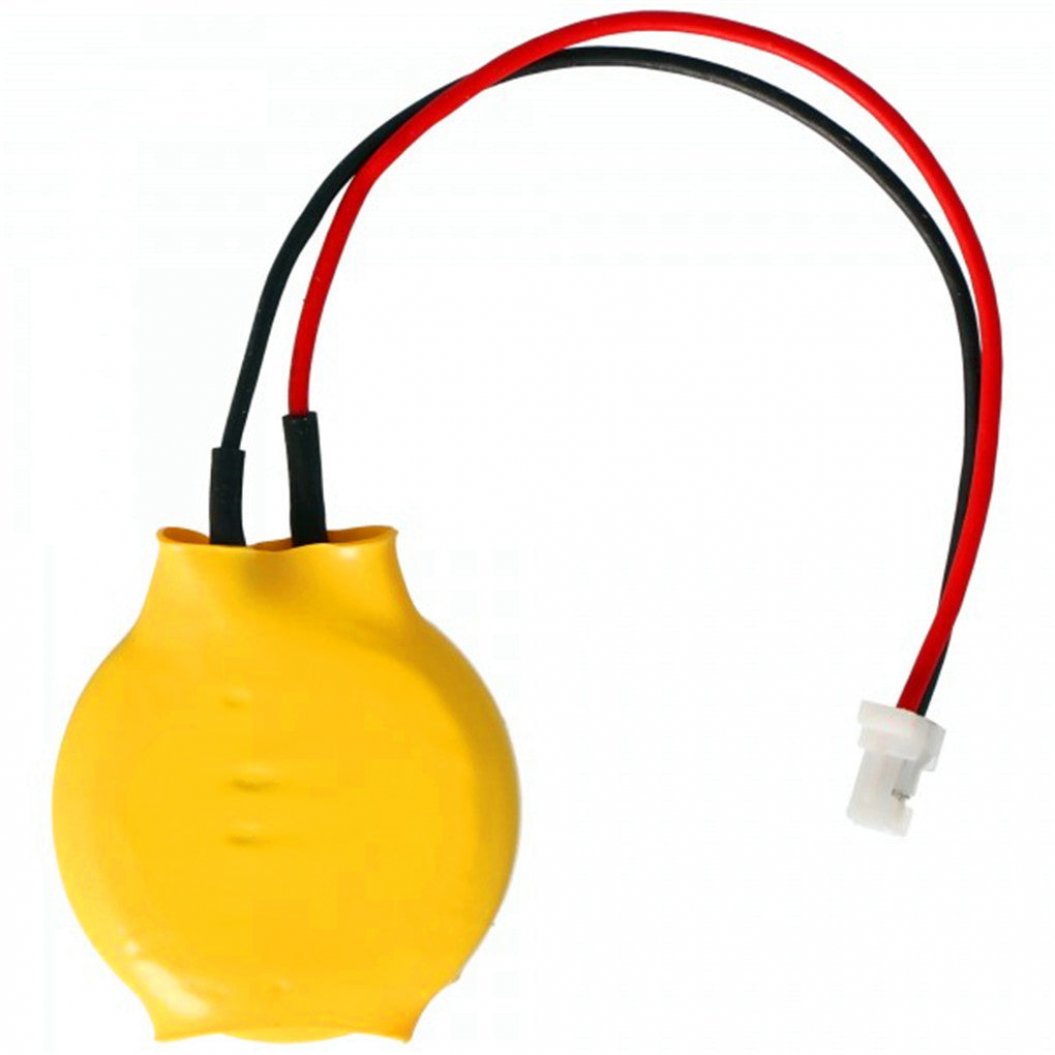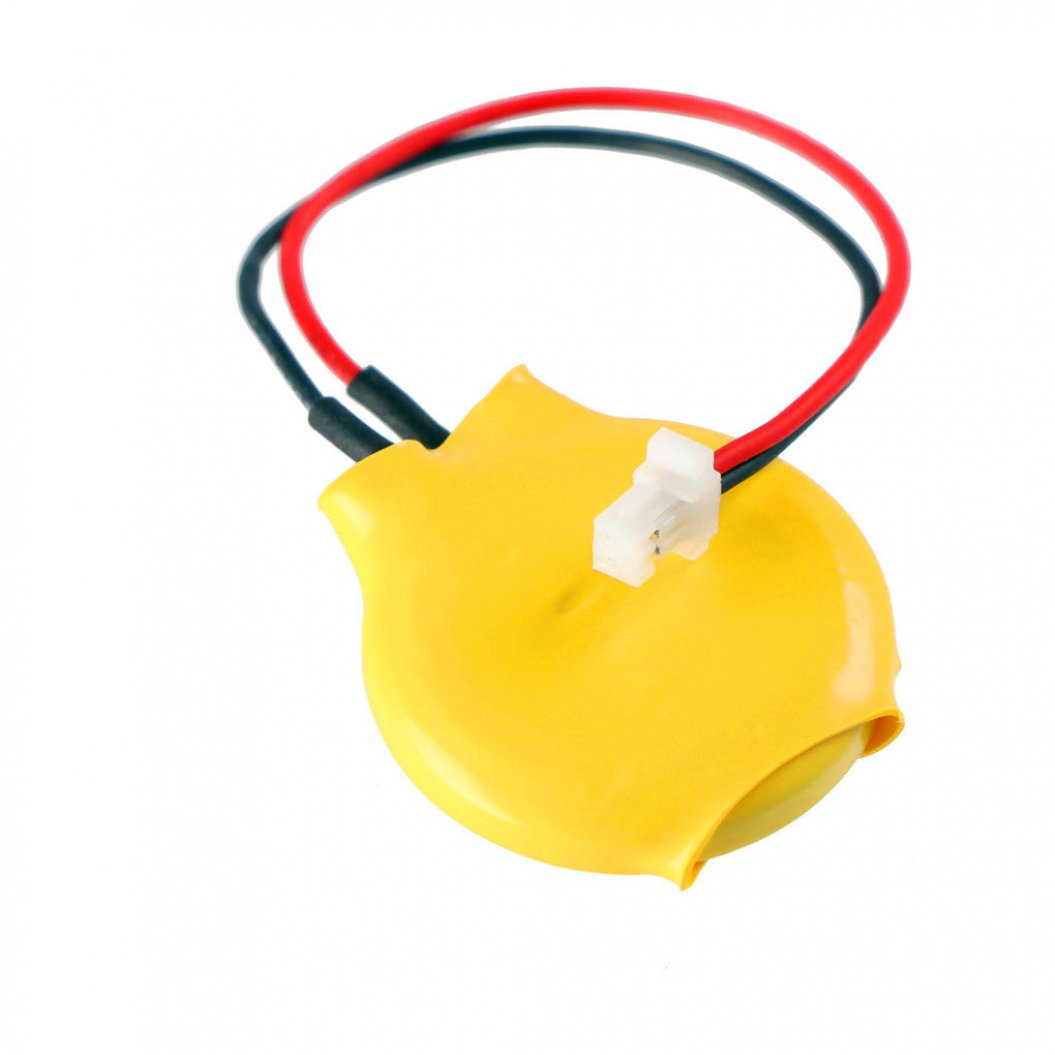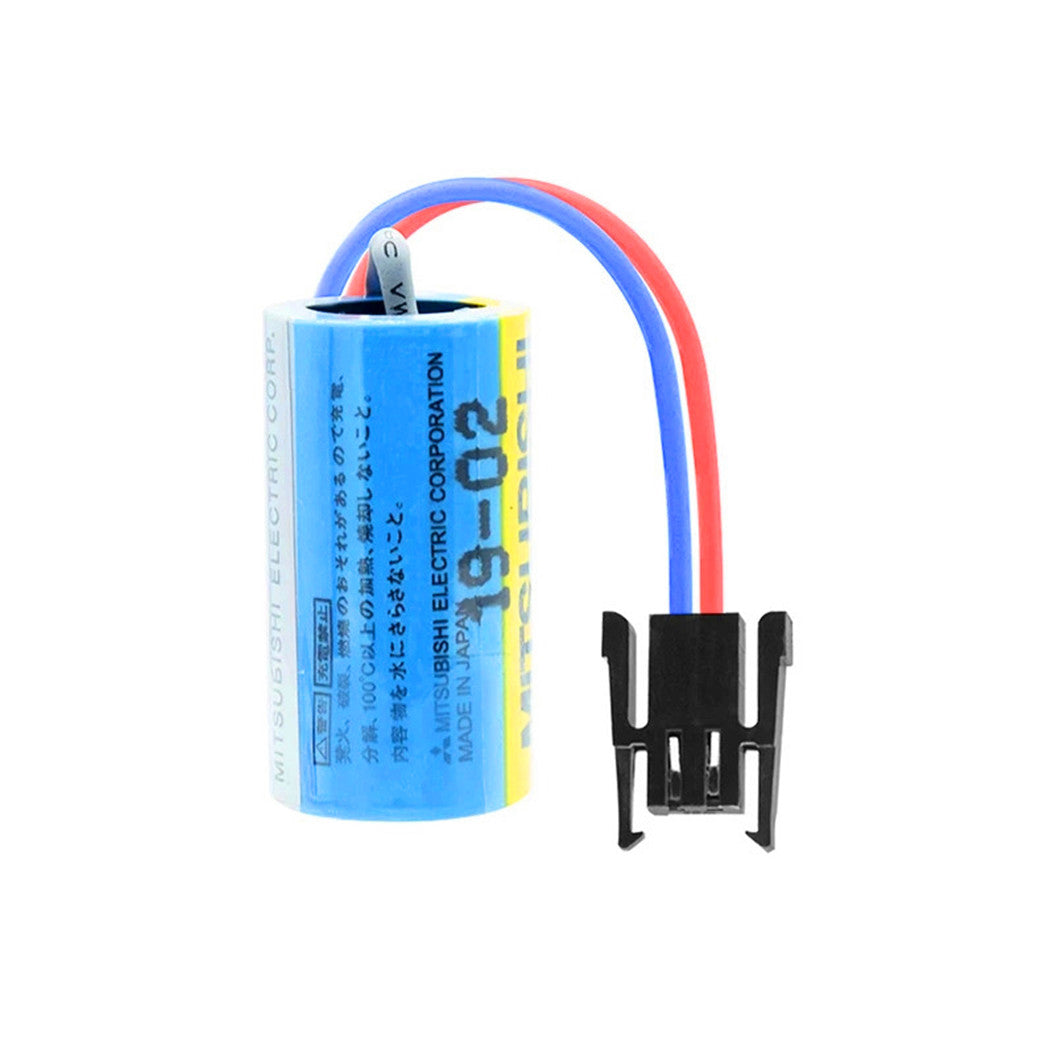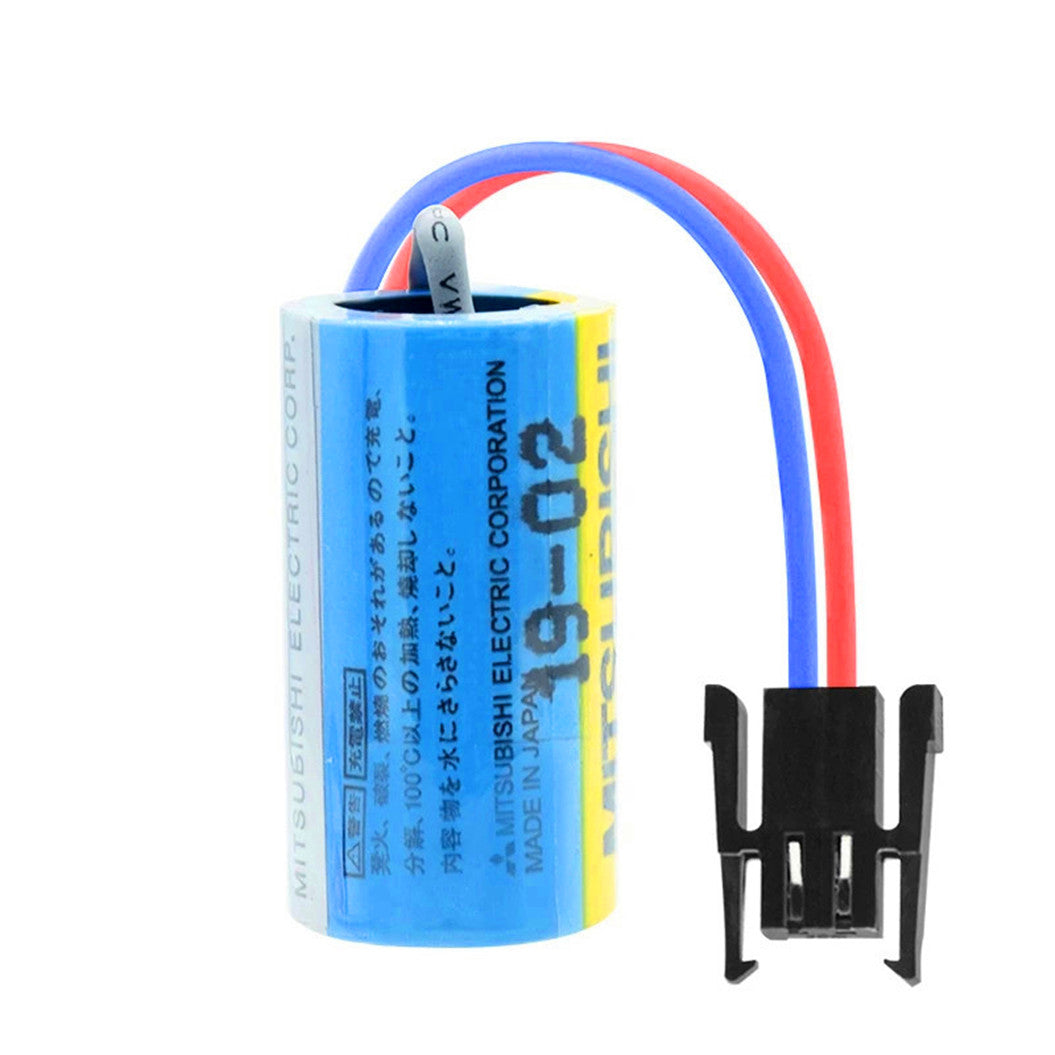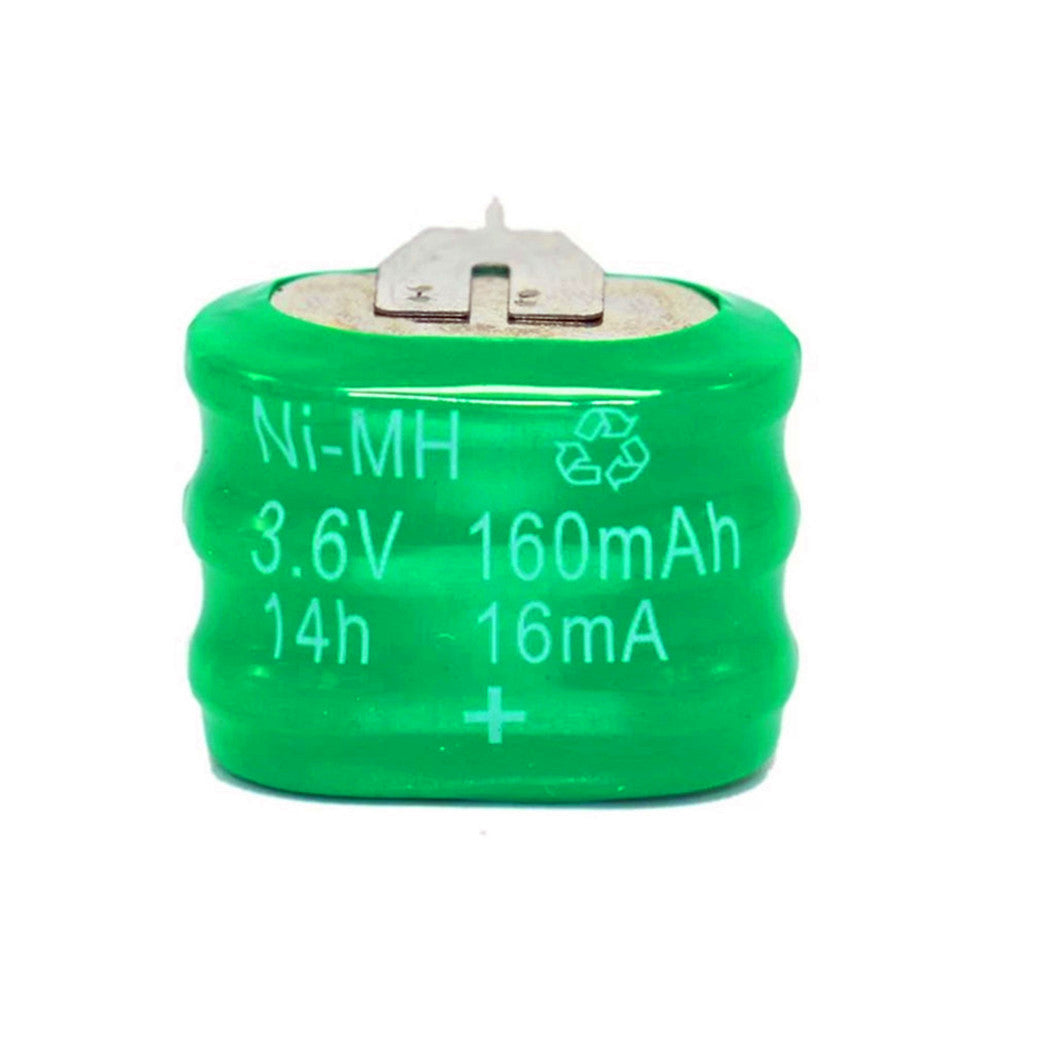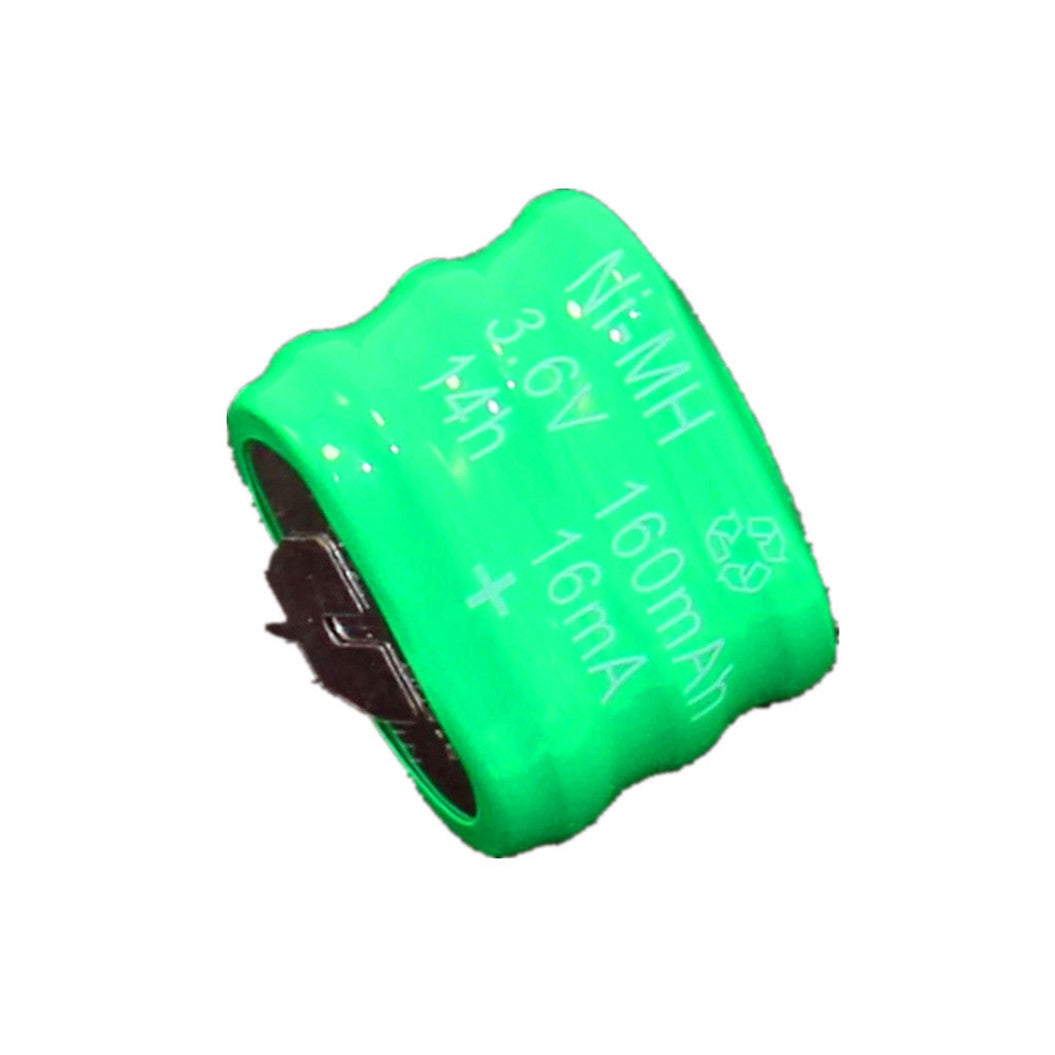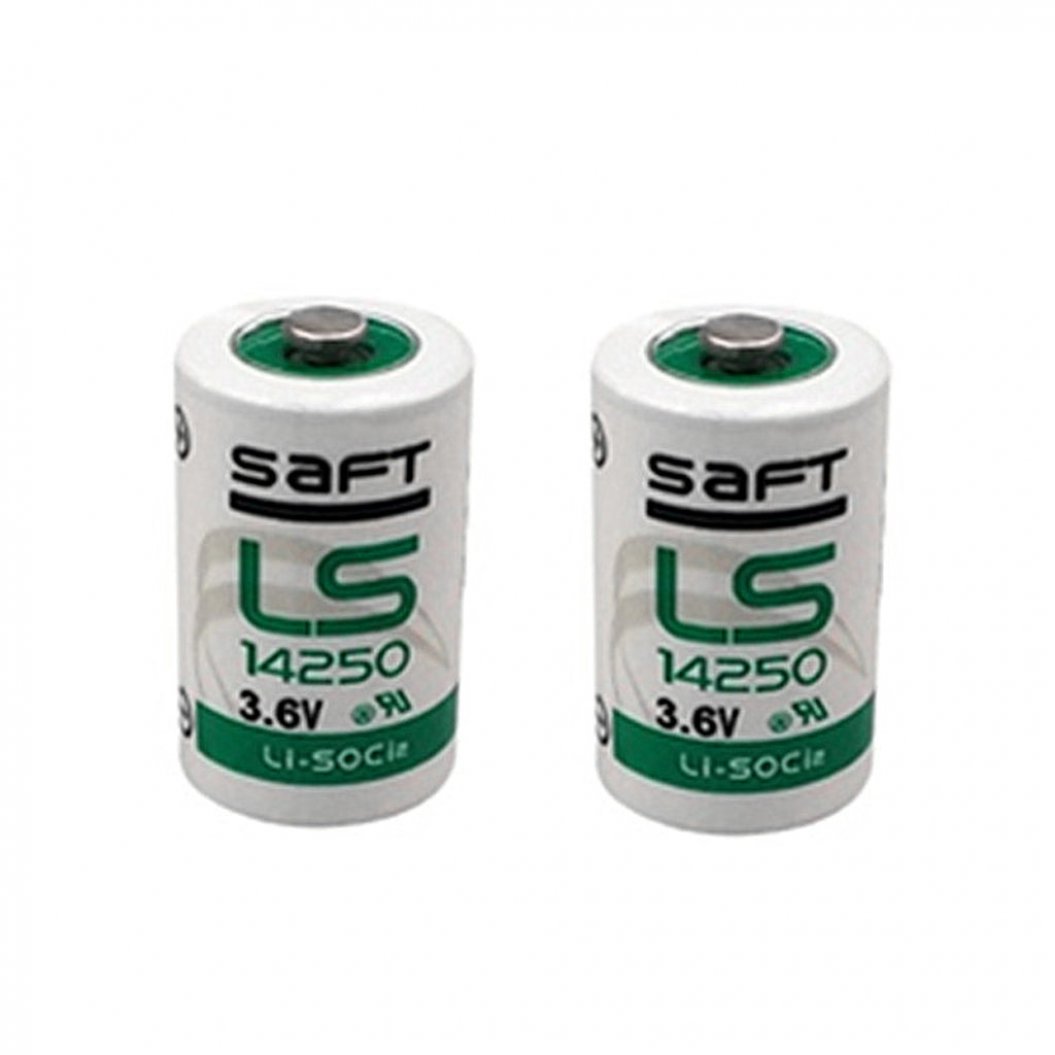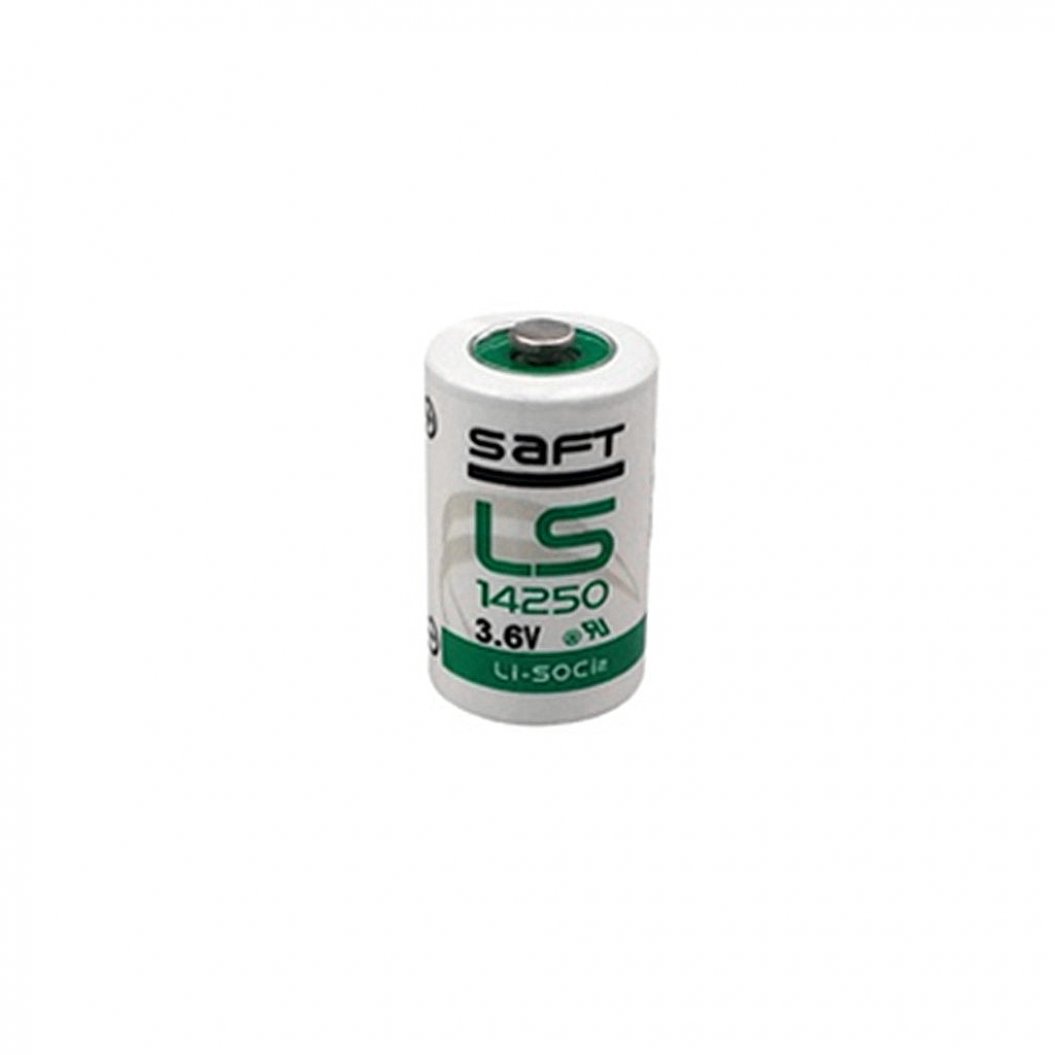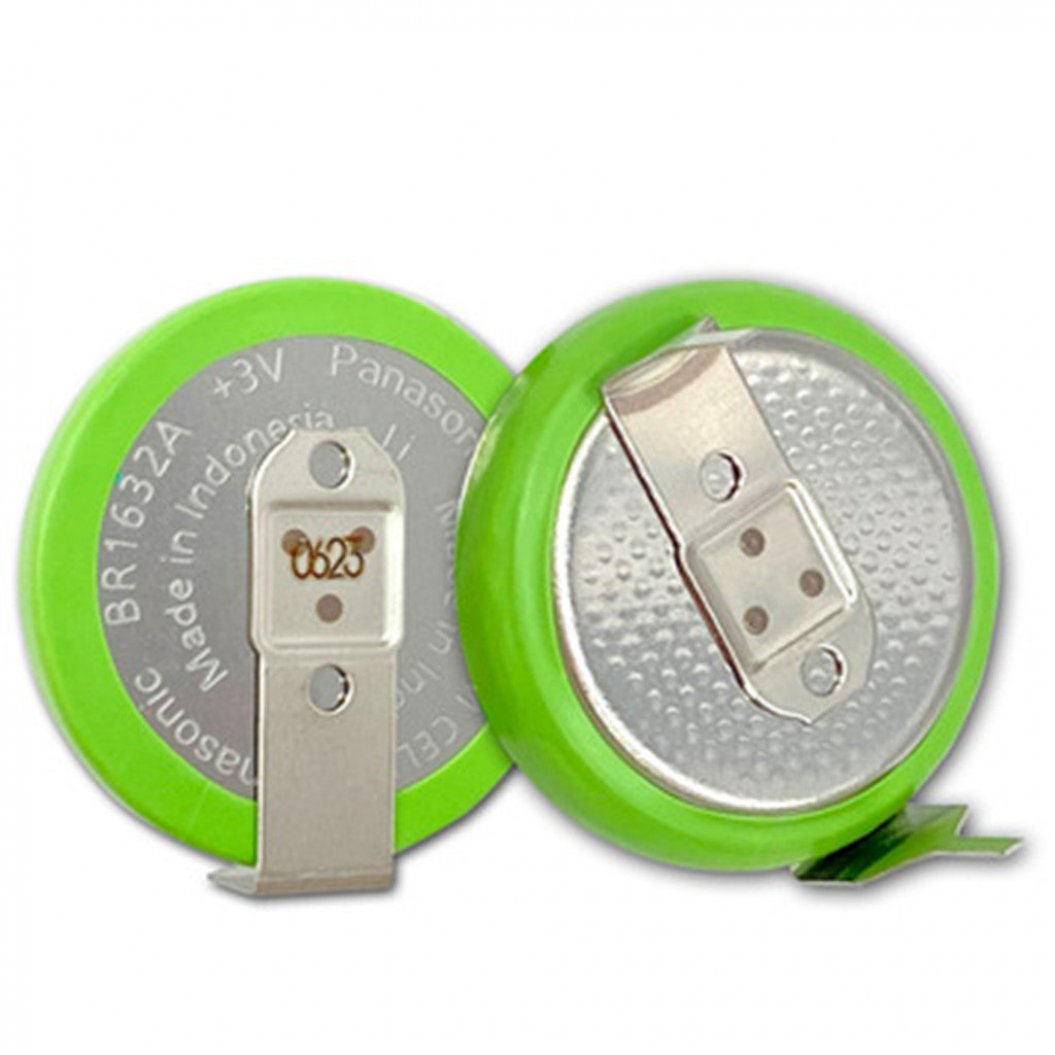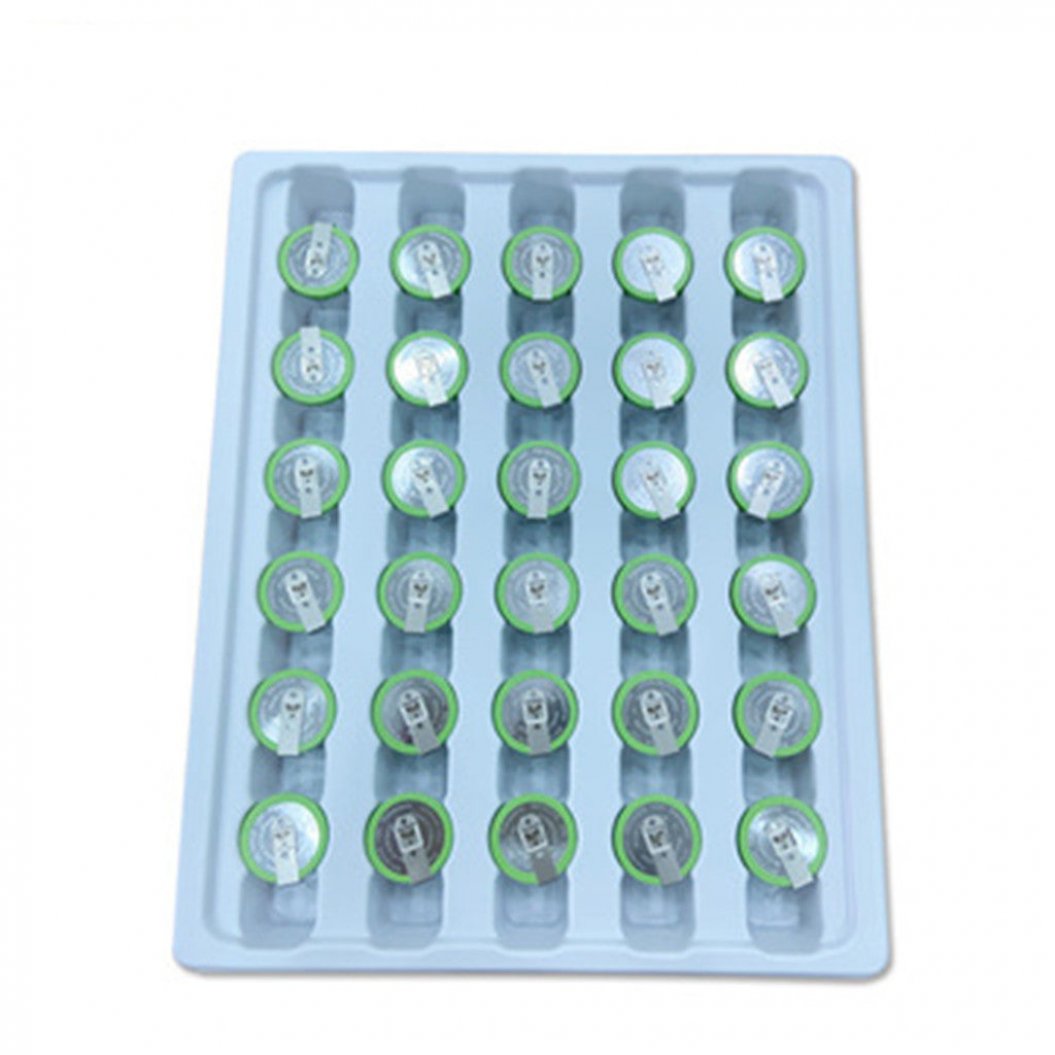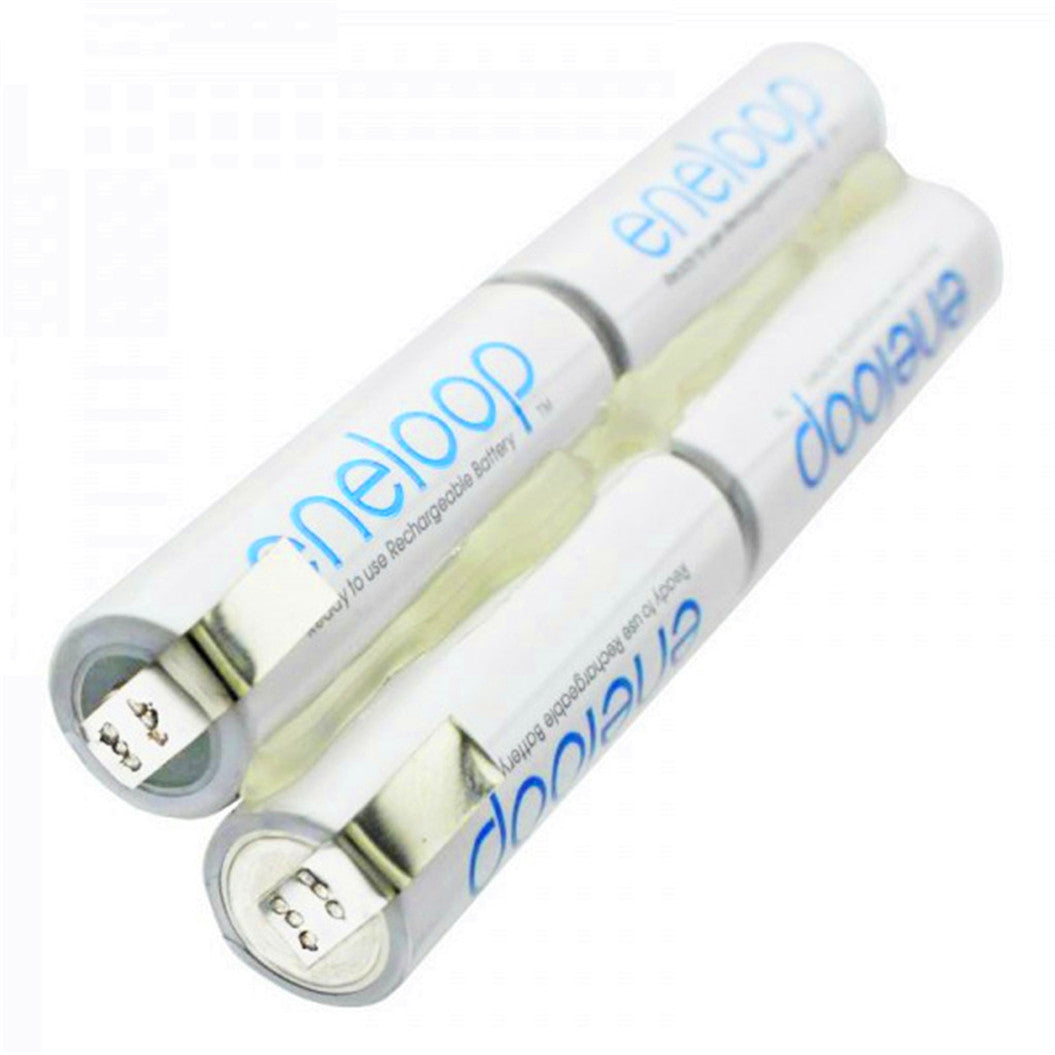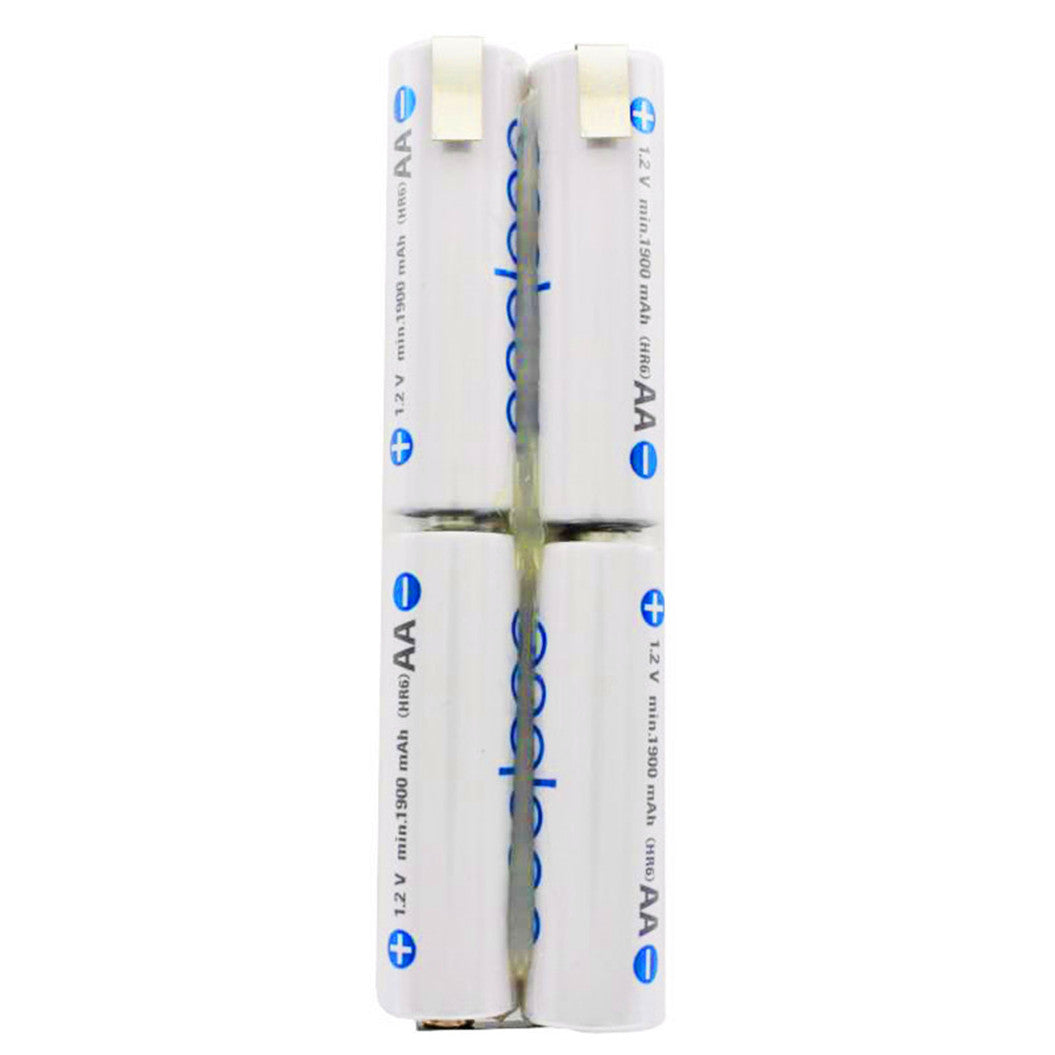-
Verkoper:BATTERYINT
5 stuks CR2477 3V 1000mAh Knop Lithium Batterij met Soldeervoeten en Aangepaste Pinnen voor Kleine Apparaten
- Normale prijs
- $16.99
- Normale prijs
-
- Aanbiedingsprijs
- $16.99
- Eenheidsprijs
- per
5 stuks CR2477 3V 1000mAh K... -
Verkoper:BATTERYINT
5 stuks BR2450A / GBN 3V 600mAh Hoge Temperatuur Lithium Knopcelbatterij voor Kleine Apparaten
- Normale prijs
- $30.99
- Normale prijs
-
- Aanbiedingsprijs
- $30.99
- Eenheidsprijs
- per
5 stuks BR2450A / GBN 3V 60... -
Verkoper:BATTERYINT
5 stuks BR2450A / GBN 3V 600mAh Hoge Temperatuur Lithium Knopcelbatterij voor Kleine Apparaten
- Normale prijs
- $30.99
- Normale prijs
-
- Aanbiedingsprijs
- $30.99
- Eenheidsprijs
- per
5 stuks BR2450A / GBN 3V 60... -
Verkoper:BATTERYINT
5 stuks BR1632A/FAN Hoge Temperatuur Bestendige 3V 120mAh Knopcelbatterij met Oorspronkelijke Pinnen
- Normale prijs
- $34.99
- Normale prijs
-
- Aanbiedingsprijs
- $34.99
- Eenheidsprijs
- per
5 stuks BR1632A/FAN Hoge Te... -
Verkoper:BATTERYINT
5 stuks 3V 225mAh Lithium Knopcel Batterij CR2032 Lasteenvoet Batterij voor Kleine Apparaten
- Normale prijs
- $6.99
- Normale prijs
-
- Aanbiedingsprijs
- $6.99
- Eenheidsprijs
- per
5 stuks 3V 225mAh Lithium K... -
Verkoper:BATTERYINT
3V CMOS-batterij CR2025 met reserve lithiumbatterijconnector
- Normale prijs
- $7.99
- Normale prijs
-
- Aanbiedingsprijs
- $7.99
- Eenheidsprijs
- per
3V CMOS-batterij CR2025 met... -
Verkoper:BATTERYINT
33 3.6V 3G2A9 BAT08 C500 BAT08 ER17 OMRON Omron PLC Lithium Batterij
- Normale prijs
- $7.99
- Normale prijs
-
- Aanbiedingsprijs
- $7.99
- Eenheidsprijs
- per
33 3.6V 3G2A9 BAT08 C500 BA... -
Verkoper:BATTERYINT
3.6V 1700mAh Lithium-ion Batterij voor Mitsubishi ER17330V MR-BAT CNC Machine Tool Server 2-Draad Aansluiting
- Normale prijs
- $13.09
- Normale prijs
-
- Aanbiedingsprijs
- $13.09
- Eenheidsprijs
- per
3.6V 1700mAh Lithium-ion Ba... -
Verkoper:BATTERYINT
3 Stuks Ni-MH Knopbatterijen 3.6V 160mAh voor PLC Gegevensback-up Voeding
- Normale prijs
- $12.56
- Normale prijs
-
- Aanbiedingsprijs
- $12.56
- Eenheidsprijs
- per
3 Stuks Ni-MH Knopbatterije... -
Verkoper:BATTERYINT
2 Stuks Nieuwe SAFT LS14250 3.6V 1200mAh Lithiumbatterij voor PLC Delta Programmeer Probe IoT Scope ETC
- Normale prijs
- $7.99
- Normale prijs
-
- Aanbiedingsprijs
- $7.99
- Eenheidsprijs
- per
2 Stuks Nieuwe SAFT LS14250... -
Verkoper:BATTERYINT
2 Stuks Lithium Knopbatterij BR1632A / HAN 3V 120mAh Hoge Temperatuur Batterij
- Normale prijs
- $16.99
- Normale prijs
-
- Aanbiedingsprijs
- $16.99
- Eenheidsprijs
- per
2 Stuks Lithium Knopbatteri... -
Verkoper:BATTERYINT
2 stuks L2x2 4,8 / 2000 met LF-U batterijpakket eneloop standaard (voorheen Sanyo eneloop standaard) AA staaf
- Normale prijs
- $29.15
- Normale prijs
-
- Aanbiedingsprijs
- $29.15
- Eenheidsprijs
- per
2 stuks L2x2 4,8 / 2000 met...
Showing 61 -72 of 79 items
1. What Is an Industrial Battery?
An industrial battery is a power storage device used in large equipment and industrial applications. These batteries are designed to provide long-lasting energy to support heavy machinery, emergency power systems, and other high-demand equipment.
Unlike common consumer batteries, industrial batteries offer greater capacity and longer life. They typically use lead-acid, nickel-cadmium, or lithium-ion technology to accommodate different environmental and operational requirements.
Unlike common consumer batteries, industrial batteries offer greater capacity and longer life. They typically use lead-acid, nickel-cadmium, or lithium-ion technology to accommodate different environmental and operational requirements.
2. Is There a Difference Between Industrial Batteries and Regular Batteries?
There are several key differences between industrial and conventional batteries. Firstly, industrial batteries, such as industrial lithium batteries, typically have a larger size and capacity. Second, they are more durable and reliable than conventional batteries, and able to withstand extreme environments and frequent charge/discharge cycles.
Additionally, industrial batteries are designed and materials selected to meet the stringent requirements of specific industrial applications, whereas conventional batteries are more commonly used in everyday consumer electronics.
Additionally, industrial batteries are designed and materials selected to meet the stringent requirements of specific industrial applications, whereas conventional batteries are more commonly used in everyday consumer electronics.
3. Do Industrial Batteries Last Longer?
Yes, industrial batteries, including industrial AA batteries, typically last longer than conventional batteries. This is because industrial batteries use more durable materials designed to handle continuous operation and heavy loads.
As a result, industrial batteries tend to be superior in terms of durability and affordability over the long term, despite their higher initial cost.
As a result, industrial batteries tend to be superior in terms of durability and affordability over the long term, despite their higher initial cost.
4. How Many Times Can an Industrial Battery Be Recharged?
The number of charge/discharge cycles for industrial batteries depends largely on the battery type.
For example, industrial lithium batteries can perform about 500 to 1,500 charge/discharge cycles, while nickel-cadmium batteries can usually withstand about 500 to 1,000 cycles.
Lithium-iron-phosphorus (LiFePO4) batteries perform even better in terms of charge/discharge performance, reaching 2,000 to 5,000 cycles.
For example, industrial lithium batteries can perform about 500 to 1,500 charge/discharge cycles, while nickel-cadmium batteries can usually withstand about 500 to 1,000 cycles.
Lithium-iron-phosphorus (LiFePO4) batteries perform even better in terms of charge/discharge performance, reaching 2,000 to 5,000 cycles.
5. How Do You Charge an Industrial Battery?
To properly charge an industrial battery, you can follow these steps:
- Ensure that the charger used is matched to the type of industrial battery. Keep the voltage and current settings of the charger meet the specifications of the industrial battery packs.
- Adhere to the manufacturer's instructions during the charging process. Avoid risks such as overcharging which can damage the industrial batteries.
- Regularly check the condition of both the battery and the charger. This ensures that the charging process is efficient and safe.
- Ensure that the charger used is matched to the type of industrial battery. Keep the voltage and current settings of the charger meet the specifications of the industrial battery packs.
- Adhere to the manufacturer's instructions during the charging process. Avoid risks such as overcharging which can damage the industrial batteries.
- Regularly check the condition of both the battery and the charger. This ensures that the charging process is efficient and safe.
6. How Do You Store Industrial Battery?
If you are not using industrial batteries, you can store them in these ways:
- Industrial batteries should be stored in a dry, well-ventilated environment. They must be protected from temperature extremes and direct sunlight to prevent damage.
- Charge industrial battery packs to the recommended state before storage, typically maintaining a 50 to 80 percent charge level. This helps prevent over-discharge and prolongs the battery life.
- It is crucial to regularly check the battery’s charge level and overall health. This ensures the battery will continue to perform well when put back into service.
- Industrial batteries should be stored in a dry, well-ventilated environment. They must be protected from temperature extremes and direct sunlight to prevent damage.
- Charge industrial battery packs to the recommended state before storage, typically maintaining a 50 to 80 percent charge level. This helps prevent over-discharge and prolongs the battery life.
- It is crucial to regularly check the battery’s charge level and overall health. This ensures the battery will continue to perform well when put back into service.
7. Can Industrial Batteries Be Customised?
Yes, industrial batteries, including industrial aa batteries, can be customized to meet specific needs. We typically offer a variety of configuration options, including battery size, shape, voltage, capacity, and connection methods to suit different industrial applications and equipment needs.
Additionally, customers can choose a specific battery technology, such as lead-acid, nickel-cadmium, or lithium-ion, to meet specific size, performance, and durability requirements.
Additionally, customers can choose a specific battery technology, such as lead-acid, nickel-cadmium, or lithium-ion, to meet specific size, performance, and durability requirements.


